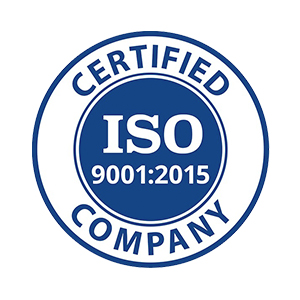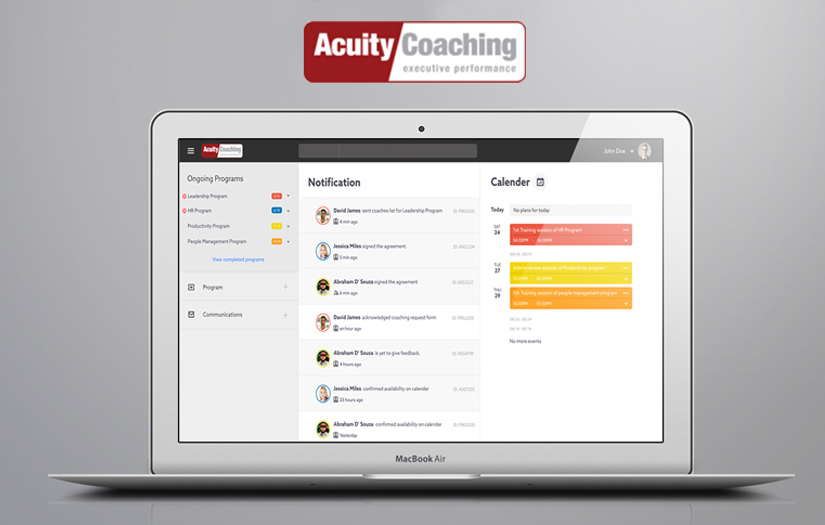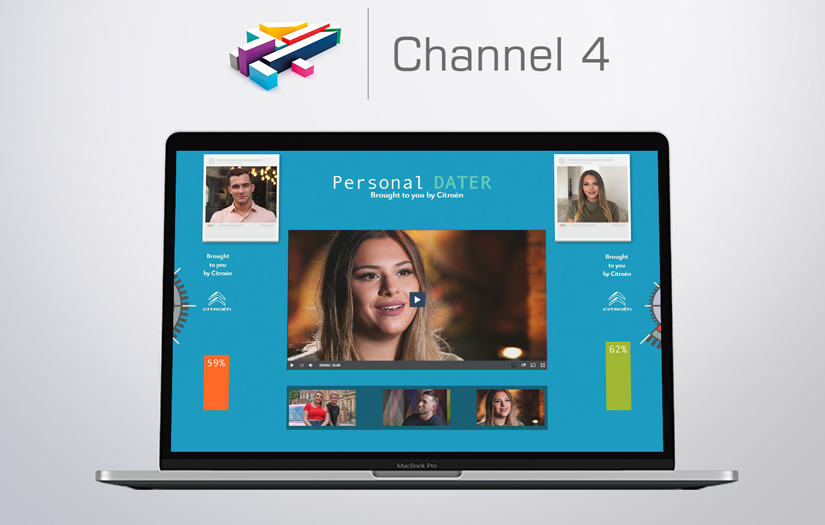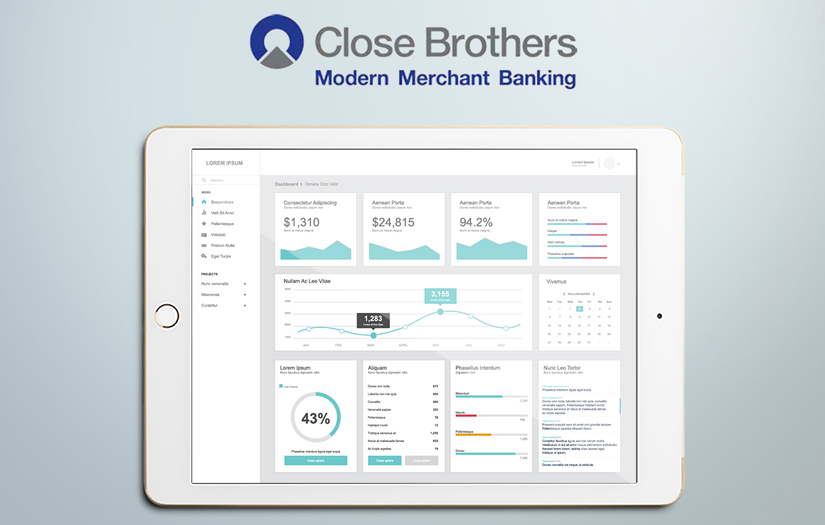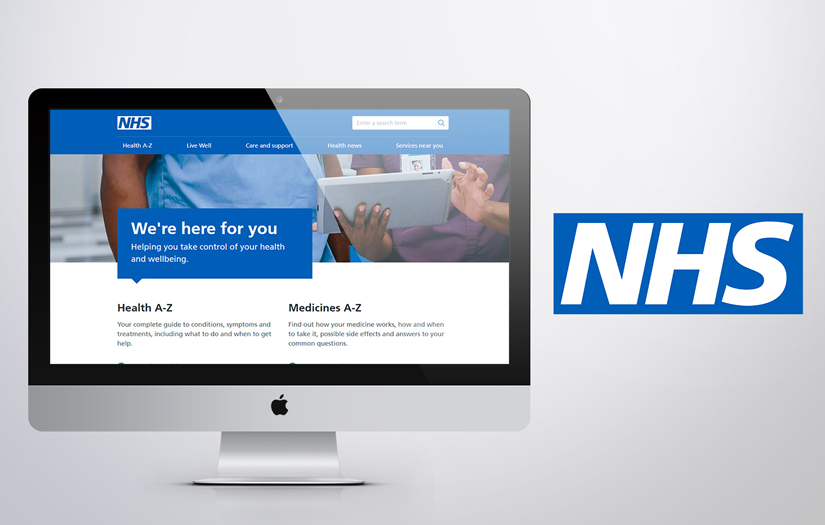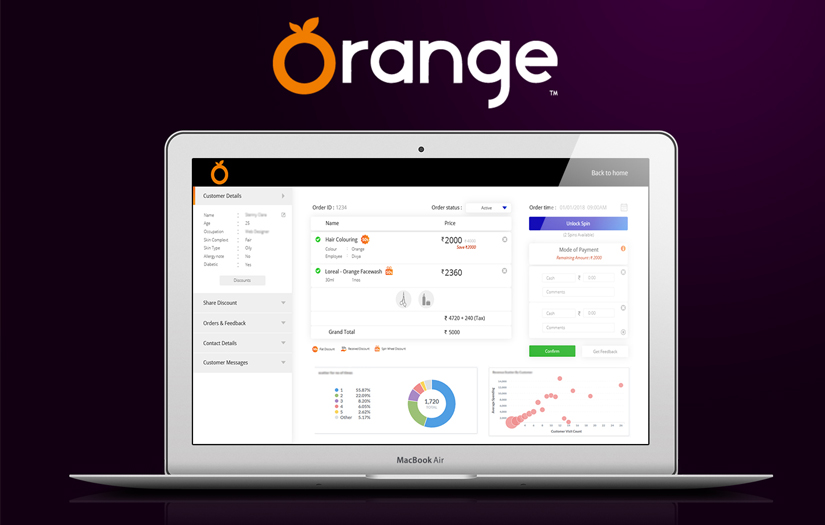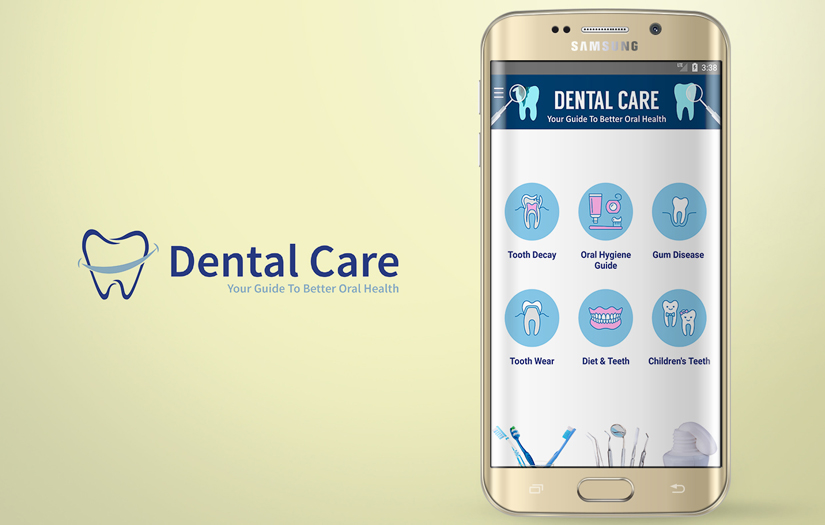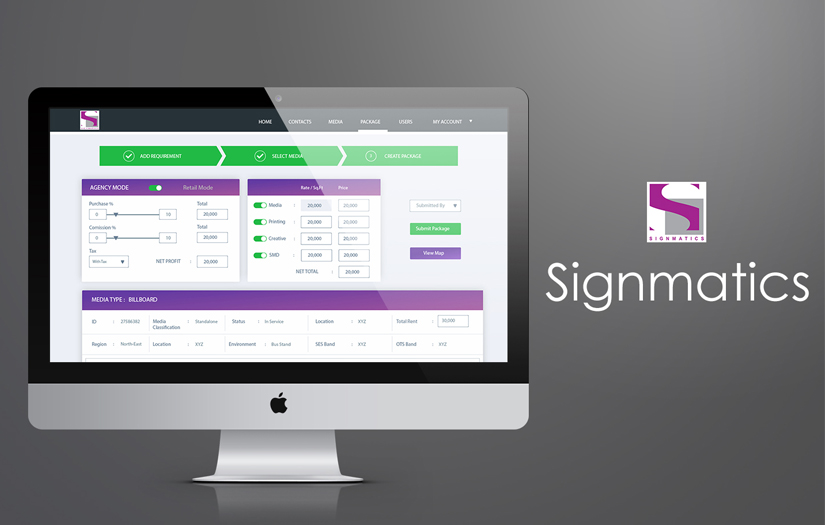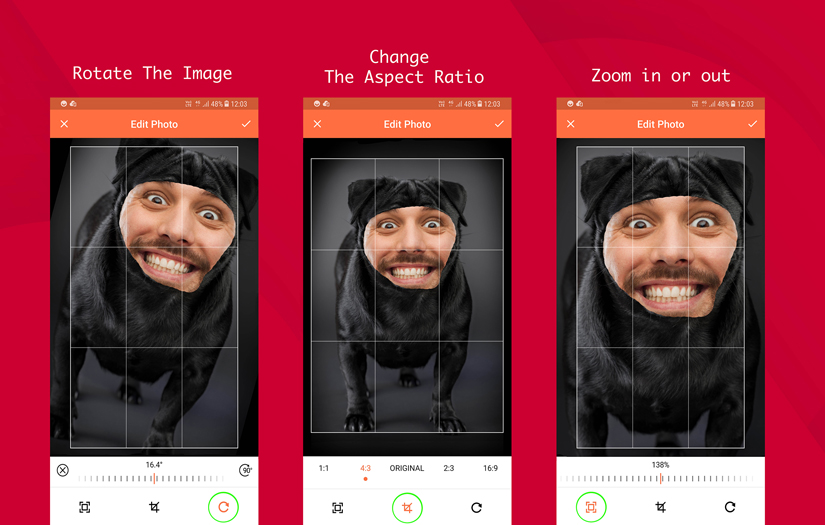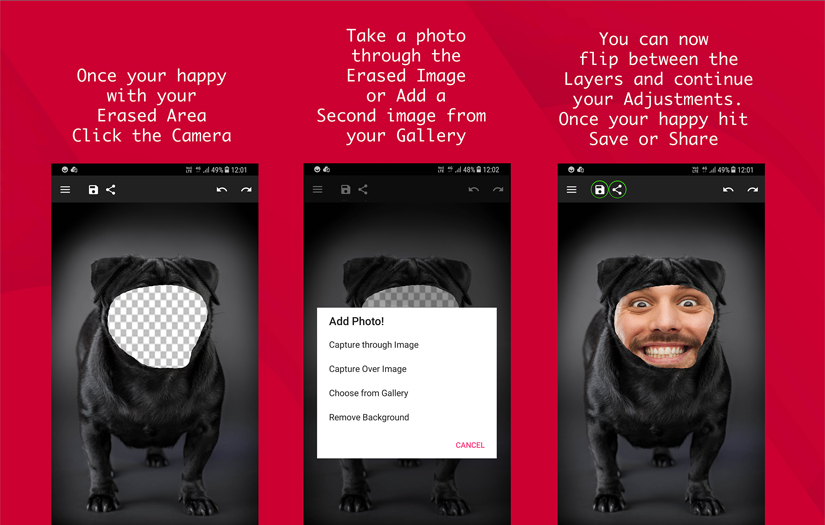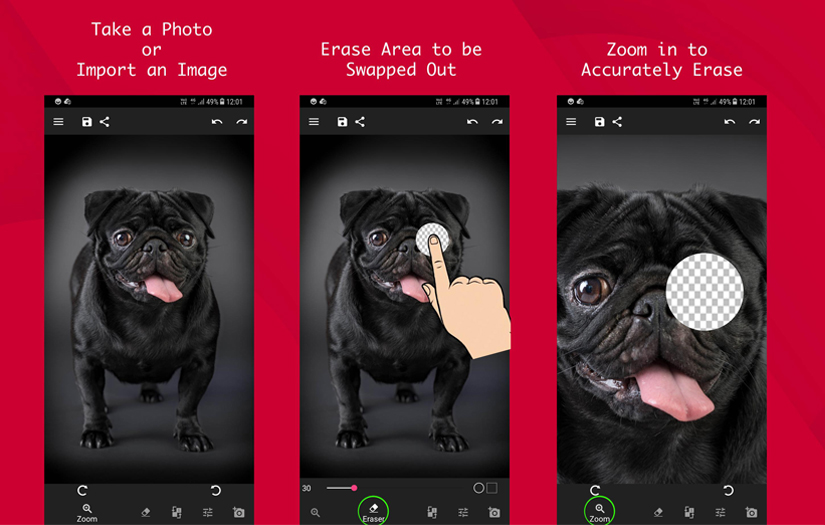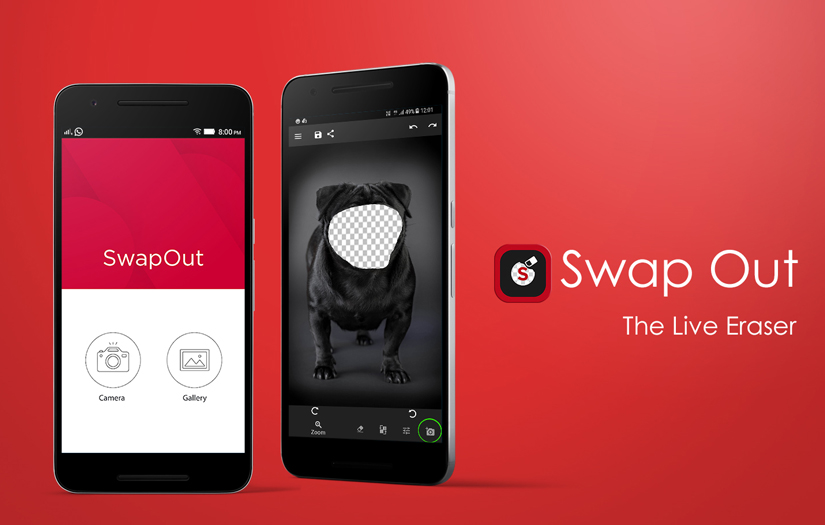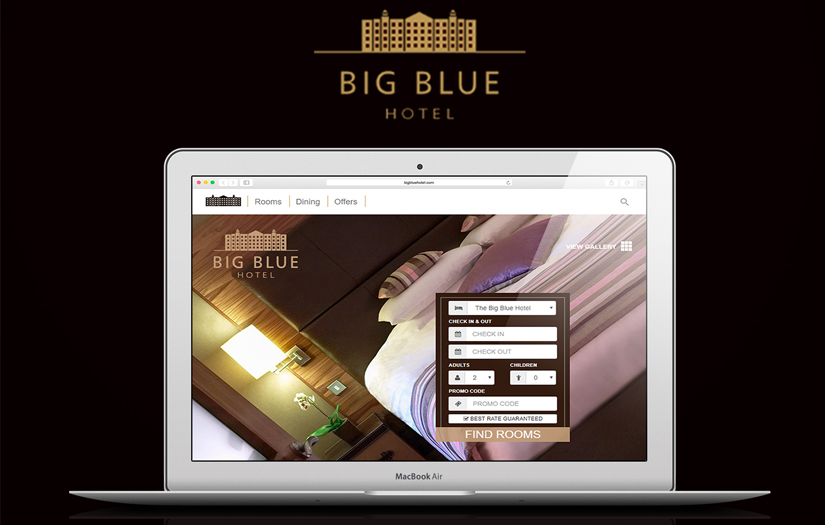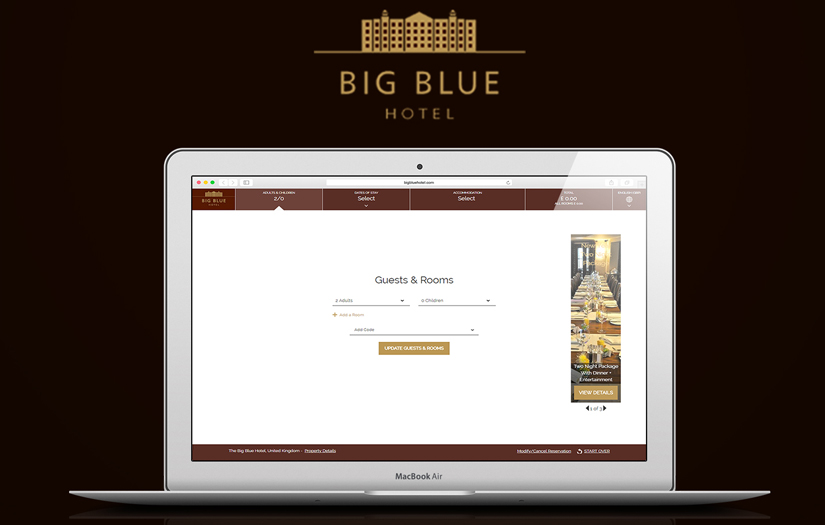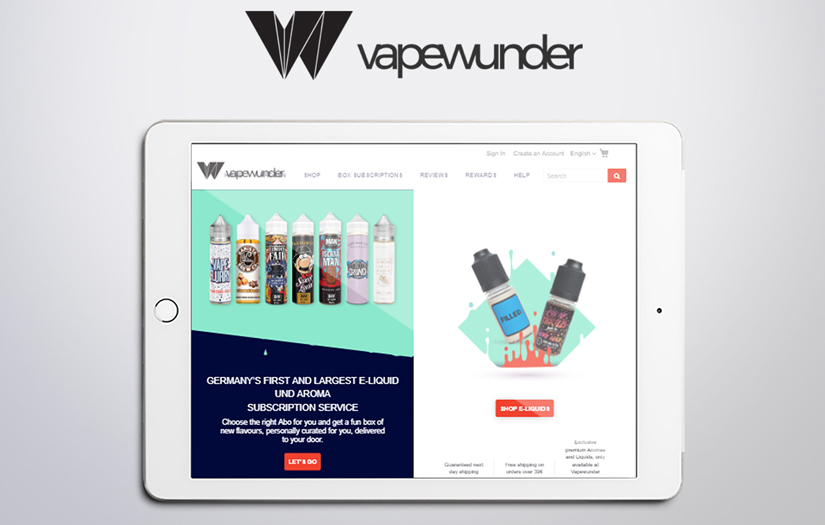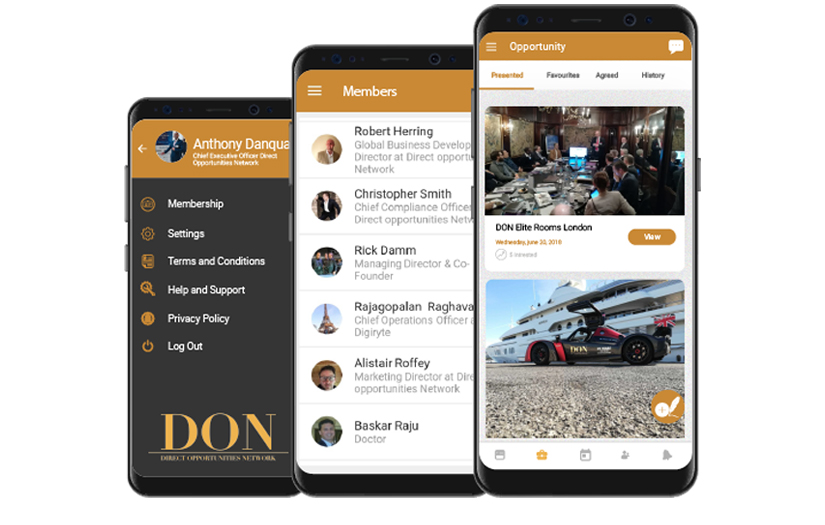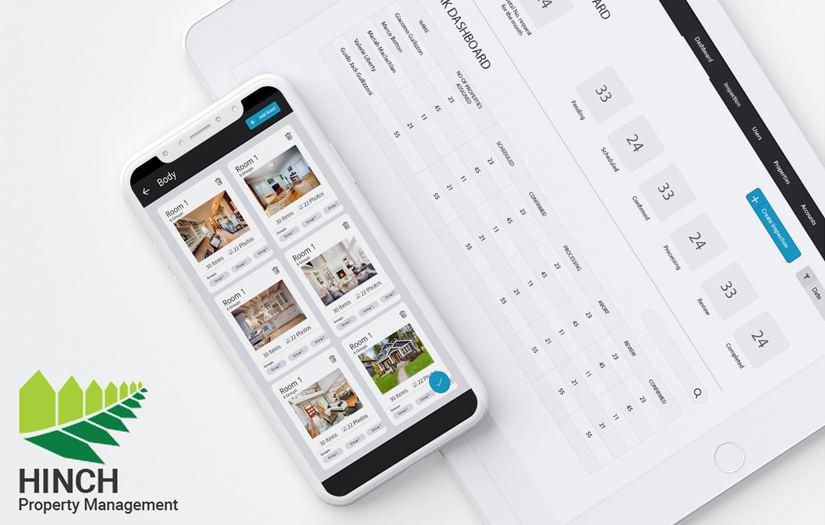UK’s leading software consultancy, building next-generation applications and digital products to meet your business goals. We are fuelling the dreams of entrepreneurs and their ambitions to disrupt industries with innovative ideas.
Focus Areas
Service Focus
- Mobile App Development
- Software Development
Client Focus
- Small Business
- Medium Business
- Large Business
Industry Focus
- Healthcare & Medical
- Startups
- Other Industries
Digiryte Executive Interview

- The amount of work required. Our costs are always based on effort estimates and not just a random number that sounds about right
- The different platforms and screen sixes the application needs to be compatible with.
- Any third party plugins, integrations, licenses required
- Clarity of scope of work provided by the client, as extensive-time required in discovery can lead to longer time frames
- Team availability. We have a good size team, but we do stay busy, so we will only take on projects we are able to deliver
- Firstly, the target audience has to be kept in mind. Depending on the nature of the app and the geographic location of the user, the recommended platform would differ.
- Secondly, the features and complexity will determine if an application has to be built natively, or a cross-platform framework like Flutter would be a more viable option.
Digiryte Clients & Portfolios












Digiryte Reviews
- All Services
- Mobile App Development
- Relevance
- Most Recent
- Rating: high to low
- Rating: low to high

A pleasure to work with
Review Summary
What service was provided as part of the project?
Mobile App Development, Software Development
What is it about the company that you appreciate the most?
Well organized and high delivery standards

Satisfied customer
Review Summary
What service was provided as part of the project?
Mobile App Development

Interactive app
Review Summary
What service was provided as part of the project?
Mobile App Development

Digiryte's Magic
Review Summary
What service was provided as part of the project?
Mobile App Development
What is it about the company that you appreciate the most?
The energy, drive and communications of the company
What was it about the company that you didn't like which they should do better?
Nothing comes to mind
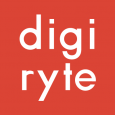
Thank you Zee. It's a pleasure continuing to work with you!

Cloud System Development/Mobile App Development
Review Summary
The PM set forth all the details in the engagement letter and stuck to the plan. The management of this project was handled well and the staff was very capable technically. The project went on seamlessly and any issues that arose were dealt with very professionally. As the project owner for my firm, my experience with Digiryte was better than I have had with bigger tech consulting/Big 4 firms.
The project has come to a completion. If anything ever arises, the PM is one call away and they handle the situation very well. I really appreciate the customer service aspect of their management and recommend them for any size projects.
What service was provided as part of the project?
Mobile App Development, Cloud Computing Services, IoT Development
What is it about the company that you appreciate the most?
Customer service, technical capabilities, and clarity on project timeline/challenges.
What was it about the company that you didn't like which they should do better?
Overall, nothing major enough to mention.

Web Dev For IT Management Company
Review Summary
What service was provided as part of the project?
Web Development
What is it about the company that you appreciate the most?
Support and the constant stream of information shared about the project

Technology Partner to rely on
Review Summary
Digiryte helped us to work out a plan to roll out the features that we wanted to have. They have built us software to manage our internal operations, customer app and employee app.
They have been able to understand our requirement and some time they have even improvised on our requirements and delivered them promptly.
Overall experience with digiryte is awesome.
What service was provided as part of the project?
Mobile App Development, Software Development
What is it about the company that you appreciate the most?
Their Understanding of the requirement, dedication to work on detailing to achieve expected results.
What was it about the company that you didn't like which they should do better?
Nothing for now

Great company to work with
Review Summary
What service was provided as part of the project?
Mobile App Development, Software Development
What is it about the company that you appreciate the most?
Very responsive and easy to work with. Jobs get done on time and as expected. Also very creative as a team so propose really good solutions!
What was it about the company that you didn't like which they should do better?
They dont provide SEO/PPC services. May be a good service to add
